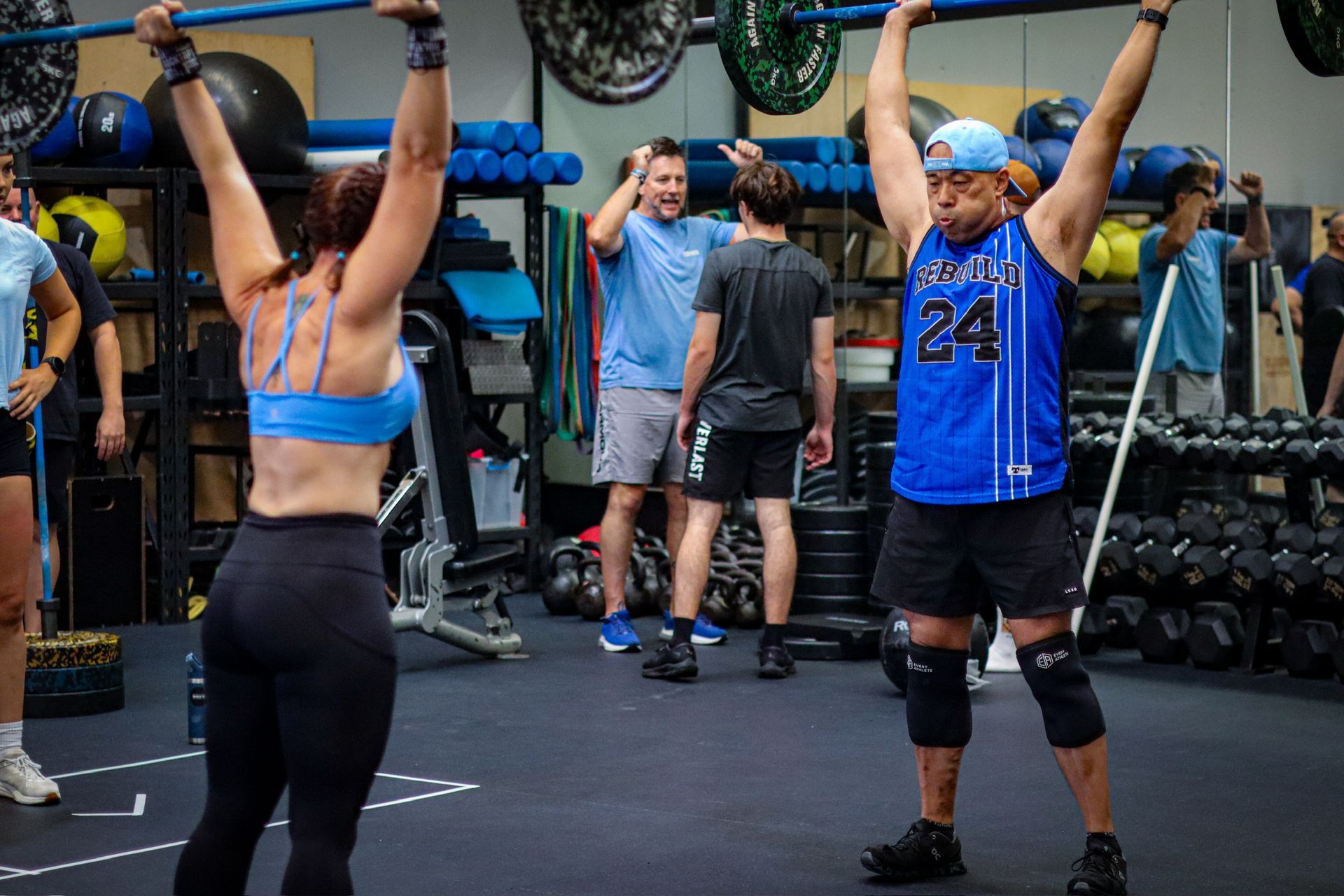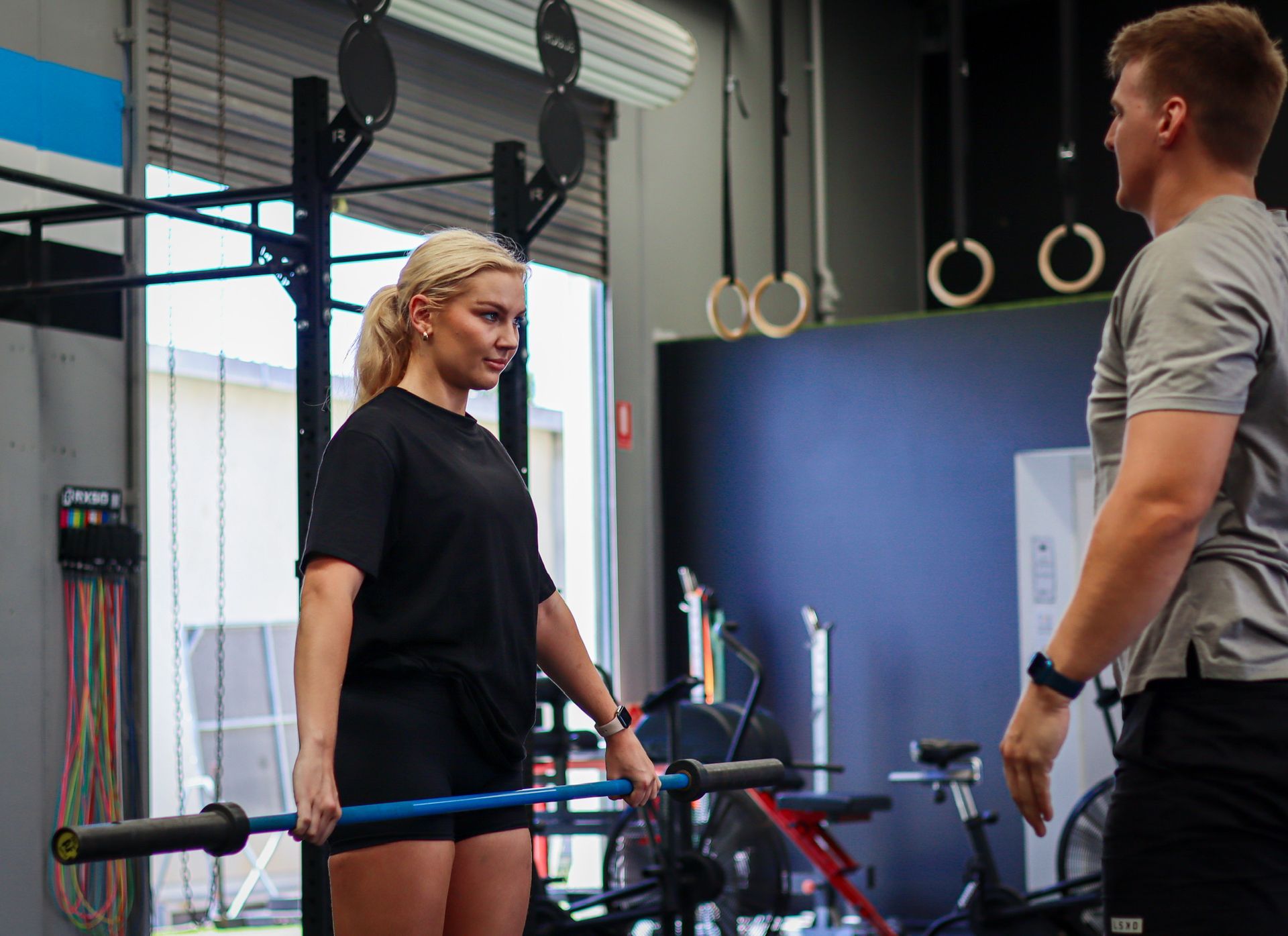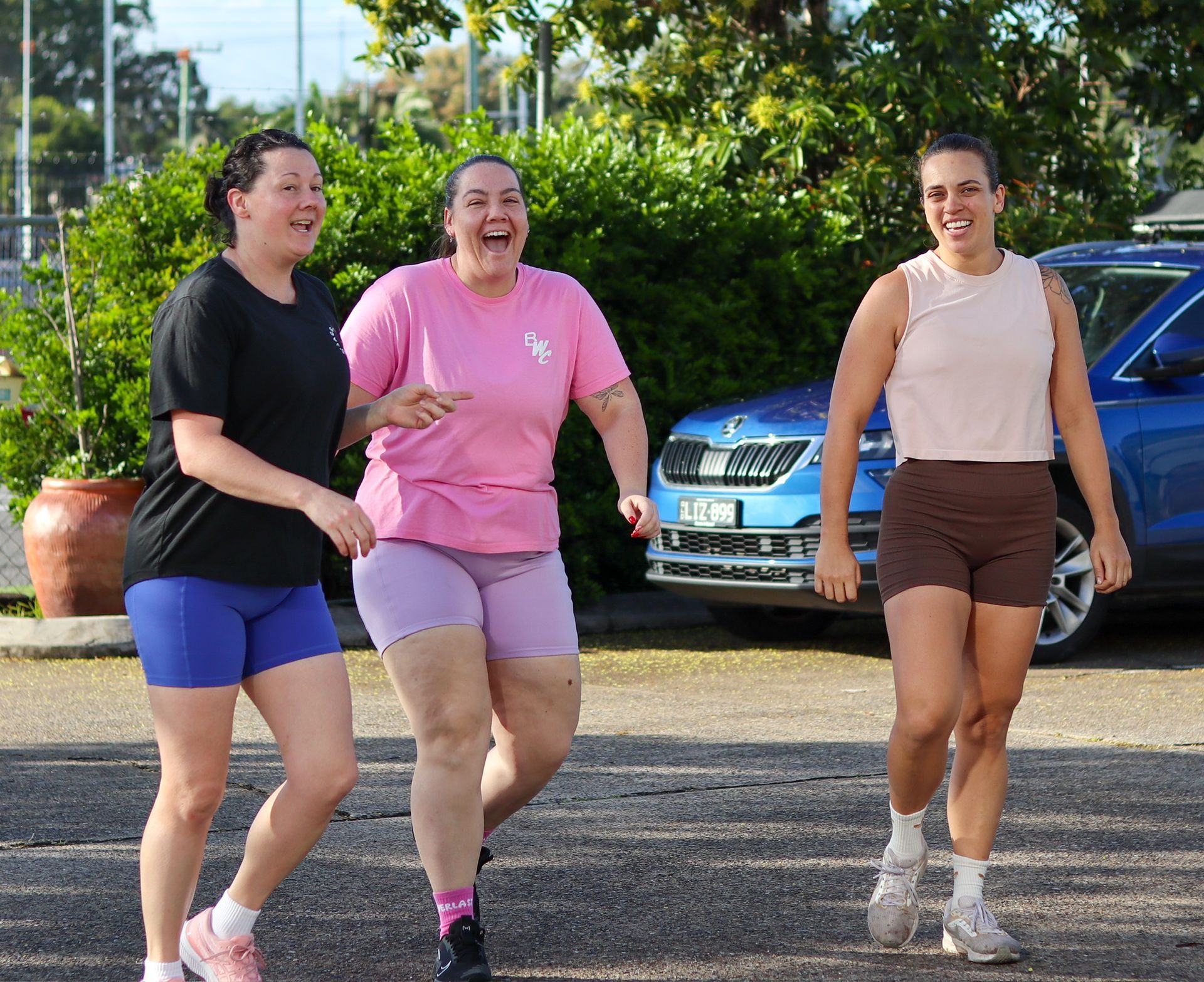DRAFT: Nature vs Nurture
On the recent podcast episode of Rebuild Health and Fitness, podcast guests and fitness power couple, Steve Cook and Morgan Rose Moroney discussed various topics including the nature vs. nurture debate when it comes to health and fitness. Nature vs. nurture Although hard work is important when it comes to personal fitness level, genetics also plays a major role. Steve discussed his natural acumen for strength training as a child, for instance how he could bench 225 pounds while only in Grade 6. “I loved being that strong kid,” he said. “Training is the realization of ones genetic potential,” Morgan added quoting Ross Edgely, an extreme adventurer. “Nurture isn’t spoken about as often as it should be,” she said. Morgan adds that although her parents have “great genetics in terms of sports and movement,” her training varied dramatically from them as she decided to go into gymnastics, a sport she declares she was decidedly not built for. “Its a combination of both, and they are just as important as the other,” she concluded. Genetics particularly play a role the more specialized you get into an area of fitness, Steve explained, citing examples of “Sherpas in Nepal,” and “Jamaicans and sprinting”. As you get closer and closer to “that peak, genetics are going to play a role.” Everyone who goes to the Olympics is working hard, but some people have that genetic advantage, Steve said, giving Micheal Phelps as a great example of someone who has a swimmers body. “You don’t see many 5’10 dudes in the NBA for a reason.” Maintenance “Its so much easier to stay in shape than to get in shape,” Steve says, discussing maintenance volume. Even while traveling just 30-45 minutes of “solid work” can be enough for maintaining muscle mass/ flexibility. “If you’re a runner or a gymnast you have that muscle memory,” he adds. Podcast host … also adds that he has personally observed people who used to be athletes who haven’t “lifted in years,” and within “2-3 weeks are shifting phenomenal amounts of weight.” Tips for parents “Getting kids into”, either gymnastics, body weight exercises, soccer, AFL, rugby, flexibility and mobility is what Steve recommends for parents “looking to create the perfect athlete,” like his father. Important considerations Steve discussed how until recently he thought that lifting weights stunting children’s growth was a myth, until he heard the contrary from Andrew Hubermann, a neuroscientists, podcast. “Most of the research looks away from that,” podcast host …, contradicts, “what’s the detriment, I reckon there’s more positive,” he adds. Moving on to the topic of gymnastics and delayed puberty, Steve said that he thinks that is because of the low body fat percentage in gymnasts, “They do so much volume, I just don’t think that their energy needs are being met,” podcast host adds. “We used to pack 3 lunchboxes”, Morgan adds. Despite this, “I was so small when I was in gymnastics,” Morgan said, until she hit puberty when she was around 17/18- when she stopped her gymnastics training. “I had not grown from 12-17,” she said. Main Takeaways Both genetics and hard work play an important role when it comes to peoples fitness levels. When it comes to higher levels of training in particular genetic and evolutionary advantages are what can set some apart from others. Maintaining muscle mass and flexibility is relatively easy compared to building it up, however it can also be lost quite easily. When it comes to children, sports and general exercise is very important, however especially for children who are training to become athletes there are some debates to keep in mind such as whether or not lifting weights stunts growth, and the impacts that gymnastics training has on puberty.
Previous Blogs




